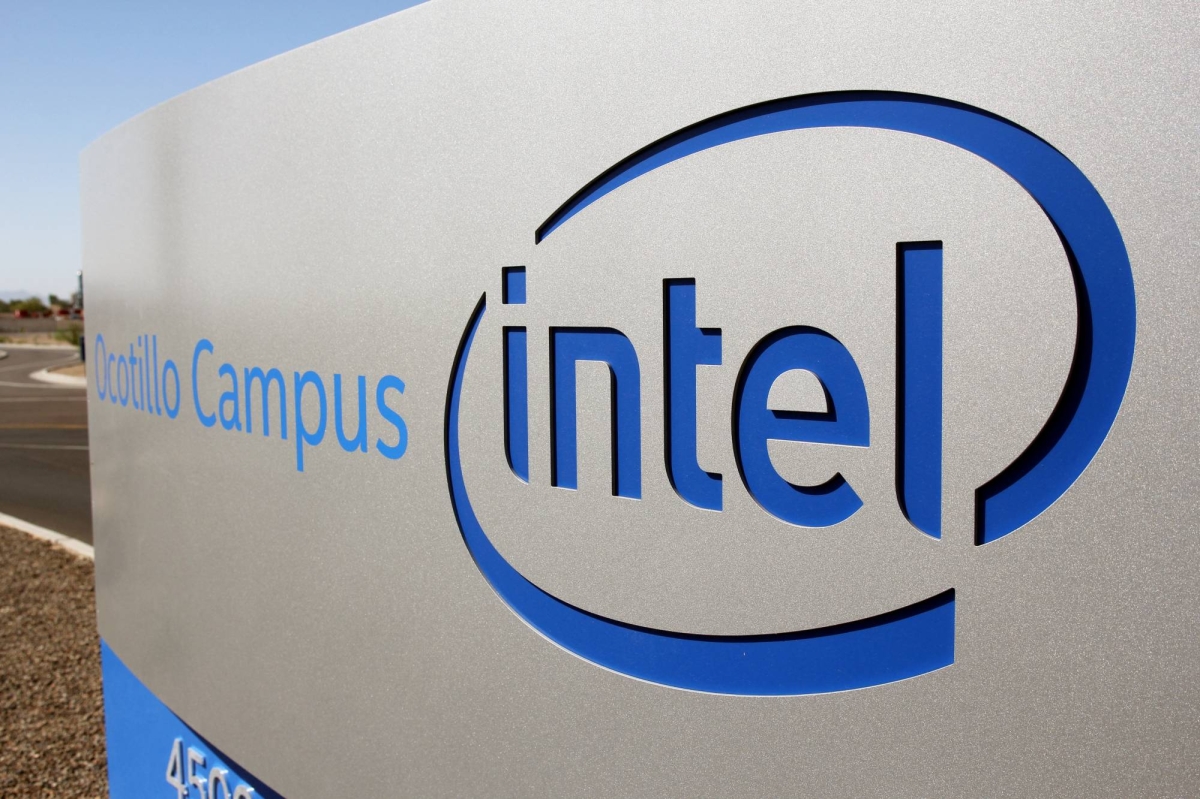
Intel’s search for a new CEO is focused on candidates with strong manufacturing backgrounds, particularly in foundry operations, interim co-CEO David Zinsner revealed at the UBS Technology Conference on Wednesday. Zinsner highlighted that the ideal candidate would need experience both in the product side of the business and in managing Intel’s foundry processes, which are central to the company’s recovery strategy.
The announcement follows the resignation of former CEO Pat Gelsinger, whose departure was linked to frustrations over the slow pace of Intel’s turnaround. Reuters reported that Intel is considering several external candidates, including former board member Lip-Bu Tan, to take the helm. Zinsner emphasized that while a leadership change is underway, Intel’s core strategy remains unchanged.
Despite recent leadership turbulence, Intel has maintained its optimistic outlook for its PC and server business, with no alterations to the company’s previous earnings forecast made in October. However, the company faces a significant challenge in reshaping its culture to succeed as a foundry player in the highly competitive semiconductor industry, according to Naga Chandrasekaran, Intel’s head of foundry manufacturing and supply chain.
Intel’s struggles this year are evident, with shares falling over 55%, largely due to its failure to capitalize on the booming AI market. The company also lost its position on the prestigious Dow Jones Industrial Average last month, replaced by AI chip leader Nvidia. Meanwhile, Intel’s foundry business, which was central to Gelsinger’s ambitious turnaround plan, is projected to see improved margins starting next year, fueled by the company’s Lunar Lake processors.
Chandrasekaran assured that Intel’s development of the 18A advanced node manufacturing process is on track, despite encountering some technical hurdles. The company plans to provide customers with sample chips from this new process in the first half of 2025 and begin scaling production at its Oregon plant in the second half of the year.
Intel has made substantial investments in its manufacturing capabilities in a bid to reclaim its position as a leader in chip production, a title it lost to Taiwan Semiconductor Manufacturing Company (TSMC), which now manufactures chips for Intel’s competitors, including Nvidia.
Featured image courtesy of The Japan Times
Follow us for more tech news updates.
